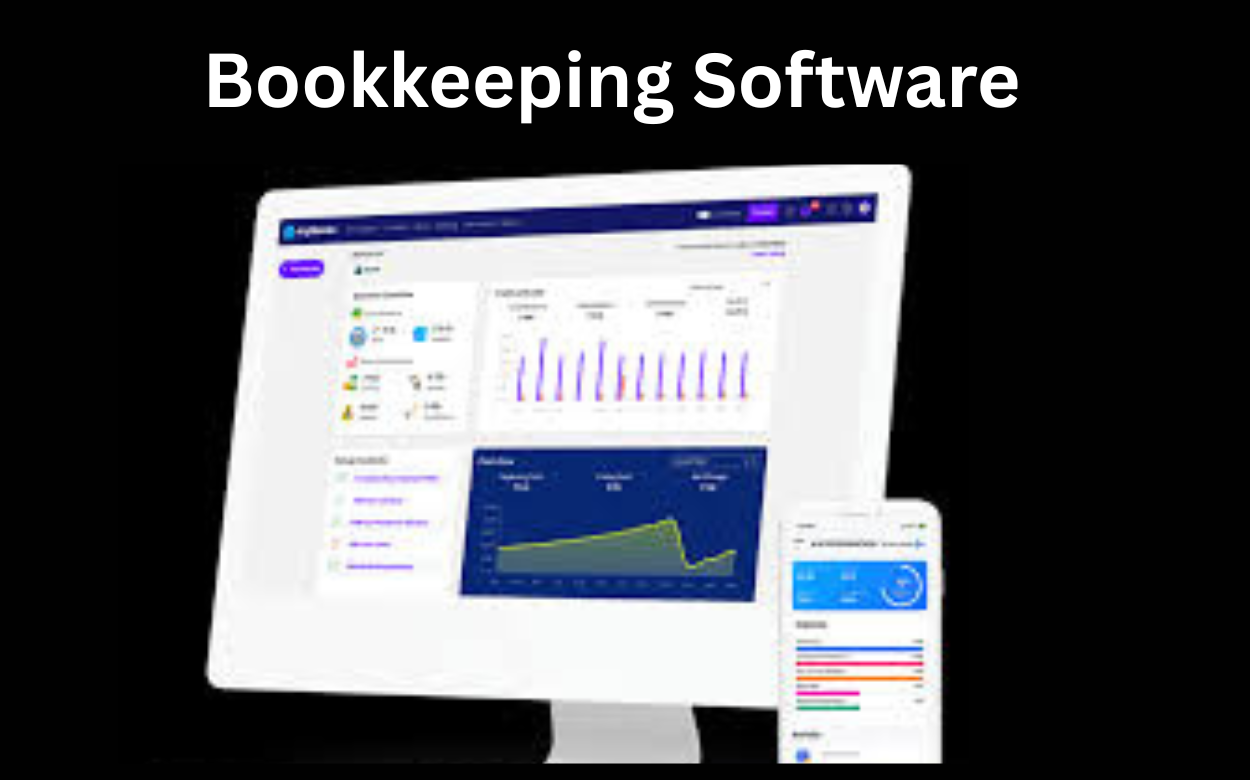Navigating the world of small business bookkeeping can feel overwhelming, but selecting the right bookkeeping software can make all the difference. With so many options available, it’s crucial to find one that aligns with your business needs and financial goals. Whether you’re just starting a bookkeeping business or looking to enhance your current system, understanding what each software offers can empower you to make an informed choice. We’ll guide you through popular options, highlighting their features and benefits, so you can confidently manage your finances and focus on growing your business. Ready to simplify your bookkeeping? Let’s explore the best choices for your small business needs.
Understanding Bookkeeping Software
Bookkeeping software is a vital tool for small businesses to manage their finances effectively. Let’s explore its importance and the key features to consider when choosing the right solution for your business.
Importance for Small Businesses
Bookkeeping software plays a crucial role in the financial management of small businesses. It helps track income and expenses, ensuring accurate financial records.
By automating many tasks, this software saves time and reduces errors. Small business owners can focus on core activities instead of manual data entry.
Proper bookkeeping also aids in tax preparation and compliance. It provides a clear financial picture, helping businesses make informed decisions about growth and investments.
Key Features to Look For
When selecting bookkeeping software for small businesses, certain features are essential for effective financial management.
- Expense tracking is a fundamental feature. Look for software that allows easy categorization of expenses and receipt scanning capabilities.
- Invoice generation and management streamline the billing process. The ability to create professional invoices and track payments is crucial for maintaining cash flow.
- Bank reconciliation features help ensure accuracy by matching transactions with bank statements. This reduces errors and simplifies the reconciliation process.
- Financial reporting tools provide insights into business performance. Look for software that offers customizable reports on profit and loss, balance sheets, and cash flow.
Top Bookkeeping Software Options
The market offers various bookkeeping business tailored for small businesses. We’ll examine some of the best choices and explore free alternatives for those on a tight budget.
Best Choices for Small Businesses
Several bookkeeping software options stand out for their features and user-friendliness. These solutions cater to different business needs and sizes.
- QuickBooks Online is popular for its comprehensive features and scalability. It offers robust reporting and integrates with many third-party apps.
- Xero provides a user-friendly interface and strong collaboration features. It’s ideal for businesses that work closely with their accountants or bookkeepers.
- FreshBooks excels in invoice management and time tracking. It’s particularly suitable for service-based businesses and freelancers.
Free Software Alternatives
For small businesses with limited budgets, free bookkeeping software can be a good starting point. These options offer basic features without cost.
- Wave is a popular free option that provides accounting, invoicing, and receipt scanning. It’s suitable for very small businesses or sole proprietors.
- GnuCash is an open-source alternative that offers double-entry bookkeeping. While it has a steeper learning curve, it’s highly customizable.
- ZipBooks offers a free plan with basic bookkeeping features. It’s a good choice for businesses looking to start with simple financial tracking.
Conclusion
Selecting the right bookkeeping software is a crucial decision for small business owners seeking to streamline their financial management and support business growth. The ideal solution not only keeps your finances organized but also saves time and reduces the potential for errors. By evaluating the key features and understanding the different options available—from comprehensive paid solutions like QuickBooks and Xero to cost-effective free alternatives like Wave and GnuCash—you can find a software that fits your specific needs and budget. Ultimately, the right choice enables you to focus on what truly matters: growing your business and achieving your financial goals with confidence and ease.




